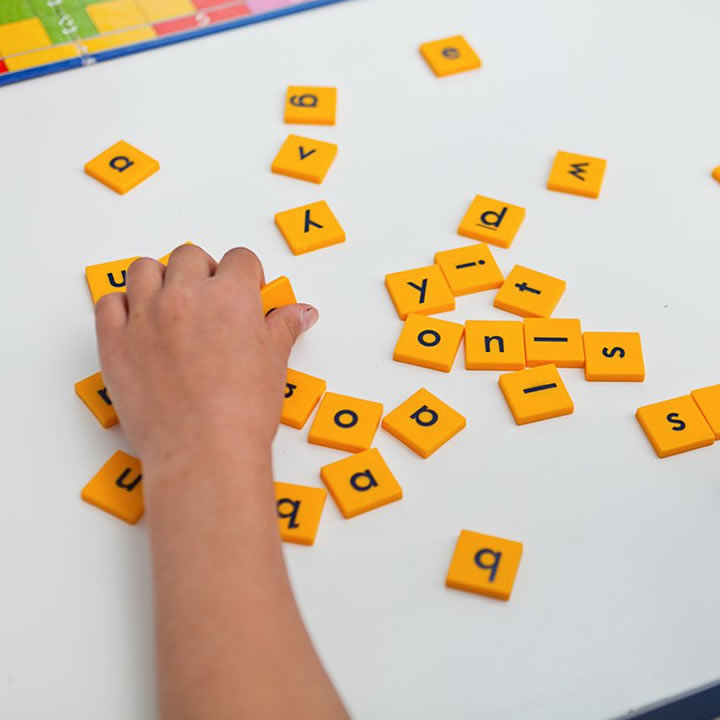Words games that have mixed words have been played since time immemorial. These games need proper training and extensive knowledge to be played at pro levels.
Word unscrambling is not as difficult as it sounds. It has been from existence from very modern age, ex : Pazurgo ,a small crossword puzzle. Most people learned the art of word unscramble by simply sticking to a few rules or tips that work best for such games.
There are some who think there is nothing to be taught about unscrambling a word. But that is not fully true. Someone cannot be taught the art of word unscramble, but that person can learn. With experience, you will learn how to scramble/unscramble letters or solve jumbled up words in just a few minutes or seconds.
At first, it may seem boring or even too much to learn techniques to unscramble. But, with constant practice, you will gain more knowledge and figure things out on your own.
Here is a list of few things to keep in mind while trying to descramble words even with the toughest word sets.
- Increase the strength of your vocabulary
The first step to learning to unscramble words is by improving your vocabulary. In the game of Scrabble, the “Scrabblers” may have scrabbled thousands of English words for you.
Increasing your vocabulary strength will always help in figuring words faster. Having a dictionary or referring to an online unscrambler like unscramblenow.com is also a necessity while unscrambling words. While playing this game, you will be trying so many combinations that you may eventually think if what you’ve combined is a word. In such cases, a dictionary comes in handy.
As you take a first look at your tiles rack, observe patterns and combinations and scan through each letter. You will presumably narrow down a few words that are almost formed by the letters.
- Understand the word’s anatomy
For word unscramble, you need to have the basic knowledge of the structure of words, at least. Identify the vowels first in your tiles rack. There are few words in the English dictionary that are without a vowel. Those words are easy to remember.
In the scrambled word, first, place the vowel in the center and then play around with the remaining letters. Consonants and vowels go together. That’s a basic rule you should remember.
Since the brain is a wired network, it has formed patterns of what you’ve previously learned stored in it. As you rearrange the letters of the jumbled words, your brain will recognize those patterns and help you unscramble words.
- Pair common known pairs together
There are alphabets that are mostly seen in pairs in many English words. Take note of such pairs and separate them out from the rest. Pairs such as “th”, “sh”, “ch” etc are frequently seen. After you’ve figured out some common pairs, mix and match the remaining letters around the pairs. You should come up with a valid word in no time.
- Keep an eye on 1,2 or 3 letter words
The task of word unscramble is tricky, and sometimes you will also find sentences instead of words. In such cases, it is advisable to look out for “I,” “to,” or “at,” which are commonly seen in most sentences. Separate out these words or letters from the bunch and see if you can unscramble any valid word from the rest. To unscramble a sentence is easy if you can figure out the short words that join the sentence together.
“The” is also a common 3 letter word found in many sentences. Simply separating the word “The” from the lot make a lot of difference.
- Keep scrambling
You have to keep scrambling until you unscramble the words. Try out different combinations and permutations systematically, and you will be able to find the word fast.
Some words may be uncommon and tough to figure out, but with analyses of different patterns, you will come to the word soon. Patience is key when it comes to word unscramble.
To conclude unscrambling and rearranging words is easy if you have the right tools and knowledge with you. It is an intellectual game that exercises your brain and is great for building networks in your brain. Regardless of age, word games should be frequently played with friends and family.

